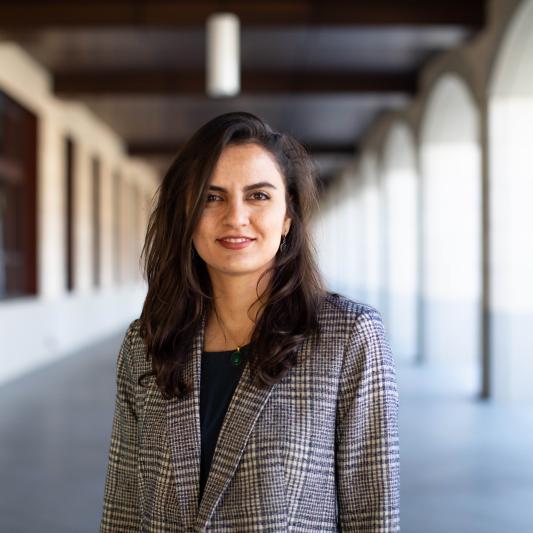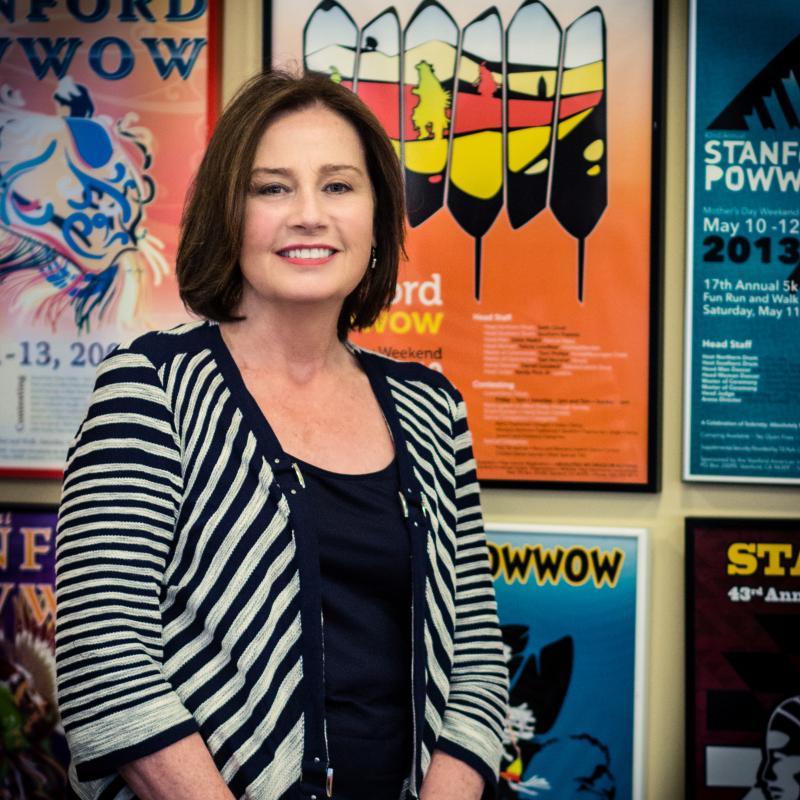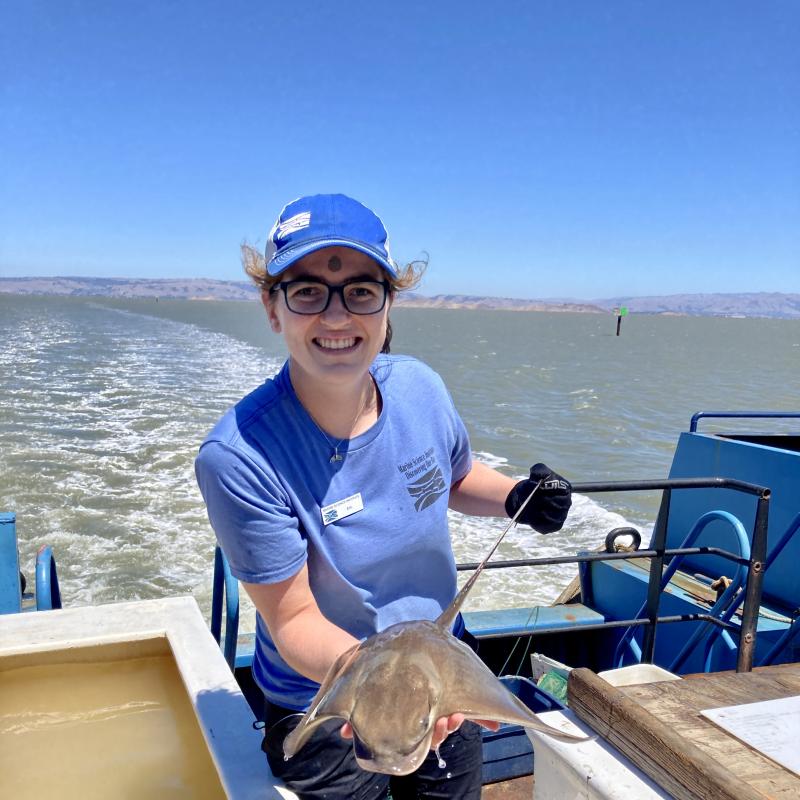
Victor Suarez Castillejos
Victor Suarez Castillejos remembers his embarrassment when nearly all the students on the high school soccer team he coached were unable to play a game due to not meeting a minimum 2.0 GPA requirement.
There were several layers to his discomfort: for the students on the opposing team, who couldn’t play during their senior night; for his players, who were students at his alma mater, the Luis Valdez Leadership Academy; and for himself, for not intervening sooner.
“This led me to set up a survey asking my students what subject they struggled the most with, and for the majority of them, it was science,” said Suarez Castillejos, a master’s student in the GSE’s Stanford Teacher Education Program (STEP). “And I thought, I can help with that — I love science.”
He was able to get an emergency substitute teaching credential and started by teaching Spanish at the school, where he could watch his players off the field.
“I made sure they were getting to class and held them accountable,” he said. “And it helped so much because they felt more motivated and like someone was watching out for them.”
But his goal was still to teach science, and he wanted to learn in a program like STEP that would equip him to establish a space where multiple types of intelligence could be valued.
“I really want to create a classroom with equitable practices, where all students feel supported,” he said. “Not just the kids who already understand the ideas.”
Suarez Castillejos, who is from South San Jose, is finishing his placement in a high school chemistry class at East Palo Alto Academy, and plans on teaching science at an underserved school in the Bay Area once he graduates in June.
“Growing up, I would have loved to see someone who looked like me as my science teacher,” said Suarez Castillejos, whose parents are from Mexico and spoke Spanish at home. “I get to show other Latino students that someone like us can get to a position like mine and do science really well, and I’ve found a lot of joy in it.”
Photo: Joleen Richards | Words: Olivia Peterkin



